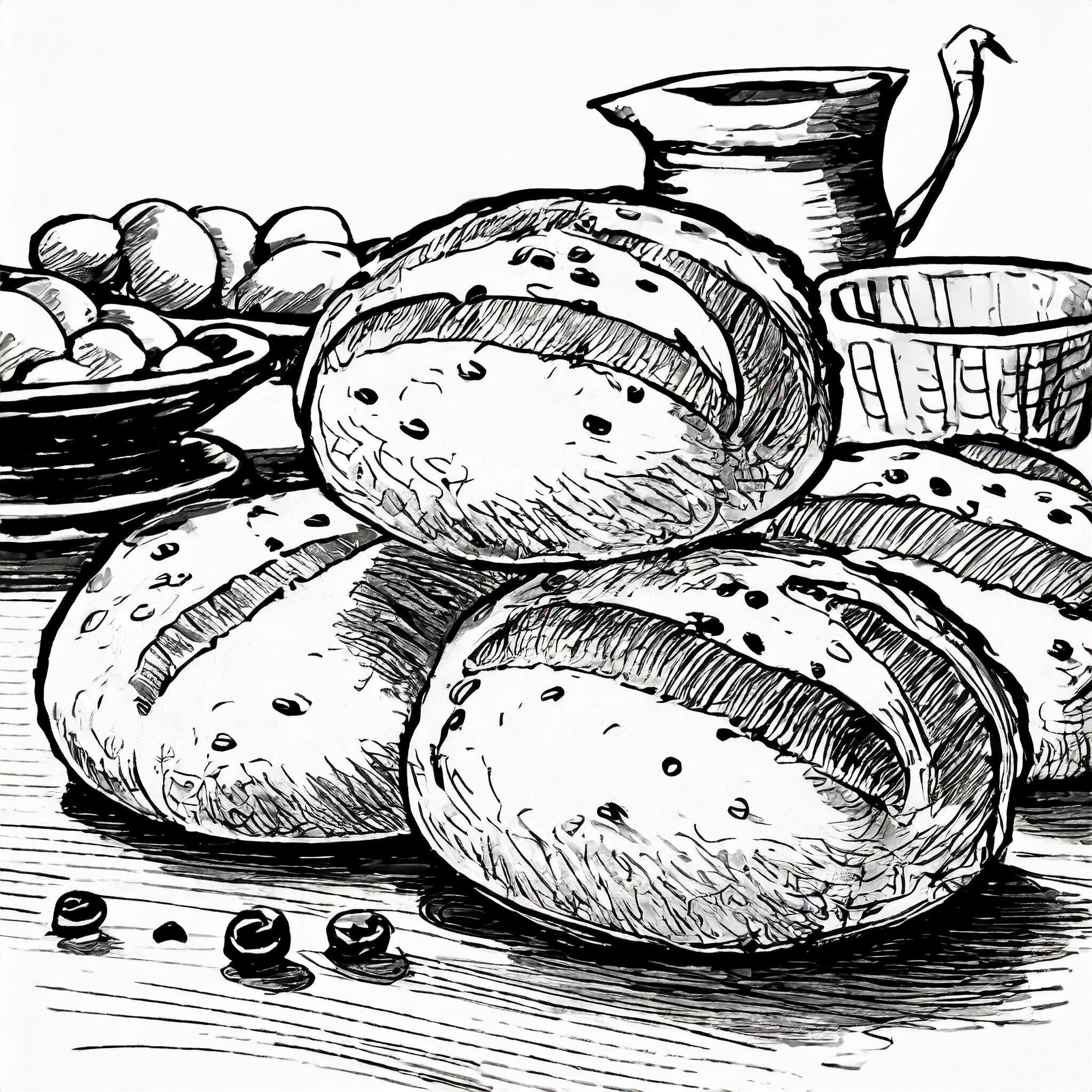Despite all the shortages, father always took one or two extra slices with him when he went to the factory for his shift. When my mother asked him why he needed so much bread, he did not answer at first.
This post has been moved. Please follow us on Medium to read and/or listen (!) to it in full.
The Bright Side of the Doom, a Prequel to 1984, The 18-Year-Old Who Wrote a Note and Disappeared is now available worldwide in bookstores as a hardcover, paperback, and e-book‼️
